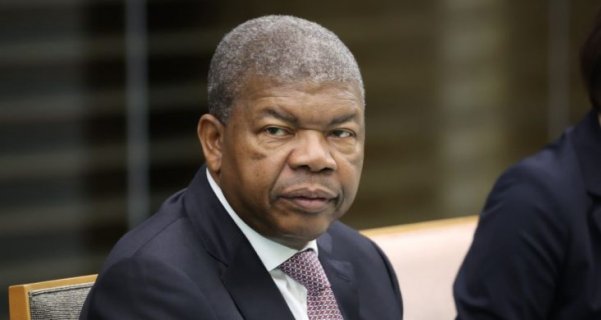Luanda hosts, next Saturday, an Extraordinary Summit of the International Conference of the Great Lakes Region (CIRGL) bringing together heads of State or representatives of the countries that make up this organization (Angola, Burundi, Central African Republic, Congo, Democratic Republic of Congo, Kenya , Rwanda, Sudan, Tanzania, South Sudan, Uganda and Zambia) to address peace and security issues in the region.
M23 is a rebel group made up mainly of Tutsis from DR Congo and operating mainly in North Kivu province.
“The region is currently experiencing two conflicts, the one in the DRC and the one in Sudan, we are going to review the situation and what we are going to do next to see if we find peace in these two countries”, said João Lourenço to Lusa.
On the so-called "Roteiro de Luanda", an instrument adopted in July 2022, at a tripartite summit between Angola, the Democratic Republic of Congo and Rwanda, for the Pacification Process of the Eastern Region of the DRC, he admitted that more speed is needed in the implementation of some points.
“The first step, fortunately, is being respected, the cease-fire is in effect, barring one or another incident, but the next step is taking more time to be taken, I am referring to the cantonment of the M23 forces”, said João Lawrence.
“This is a specific point that will be analyzed on Saturday, to see if we can push for it to happen as soon as possible”, he reinforced.
For the head of state, "the more space there is between the ceasefire and the beginning of the cantonment, the greater the risk of a return to hostilities between the parties in conflict".
After conflict between 2012 and 2013, DR Congo and the group signed a peace agreement in December. During the fighting, the DR Congo army was supported by UN troops.
The M23 launched a new offensive in October 2022, which intensified in November, provoking a diplomatic crisis between the DRC and Rwanda over its role in the conflict.
Kigali accuses Kinshasa of supporting the Democratic Forces for the Liberation of Rwanda (FDLR), an armed rebel group founded and composed mainly of Hutus responsible for the 1994 genocide in Rwanda, and has denounced discrimination and acts of hatred against the Tutsi minority in the neighboring country.
Rwanda also accuses DR Congo of supporting the Democratic Forces for the Liberation of Rwanda (FDLR), a rebel armed group founded and composed mainly by Hutus, responsible for the 1994 genocide.
In March, the national parliament approved the sending of a military contingent to the peacekeeping mission in the eastern region of DR Congo, a country with which Angola shares an extensive border of 2,524 kilometres.







